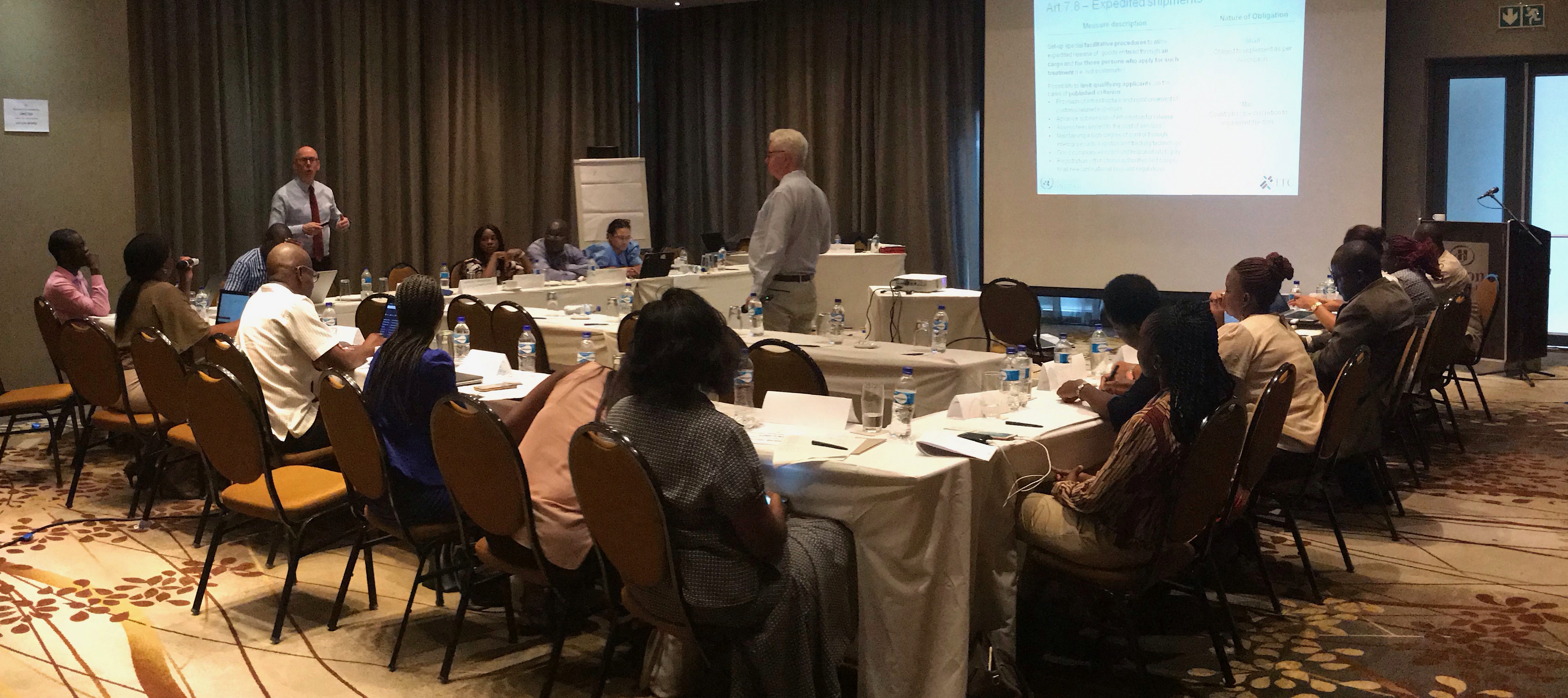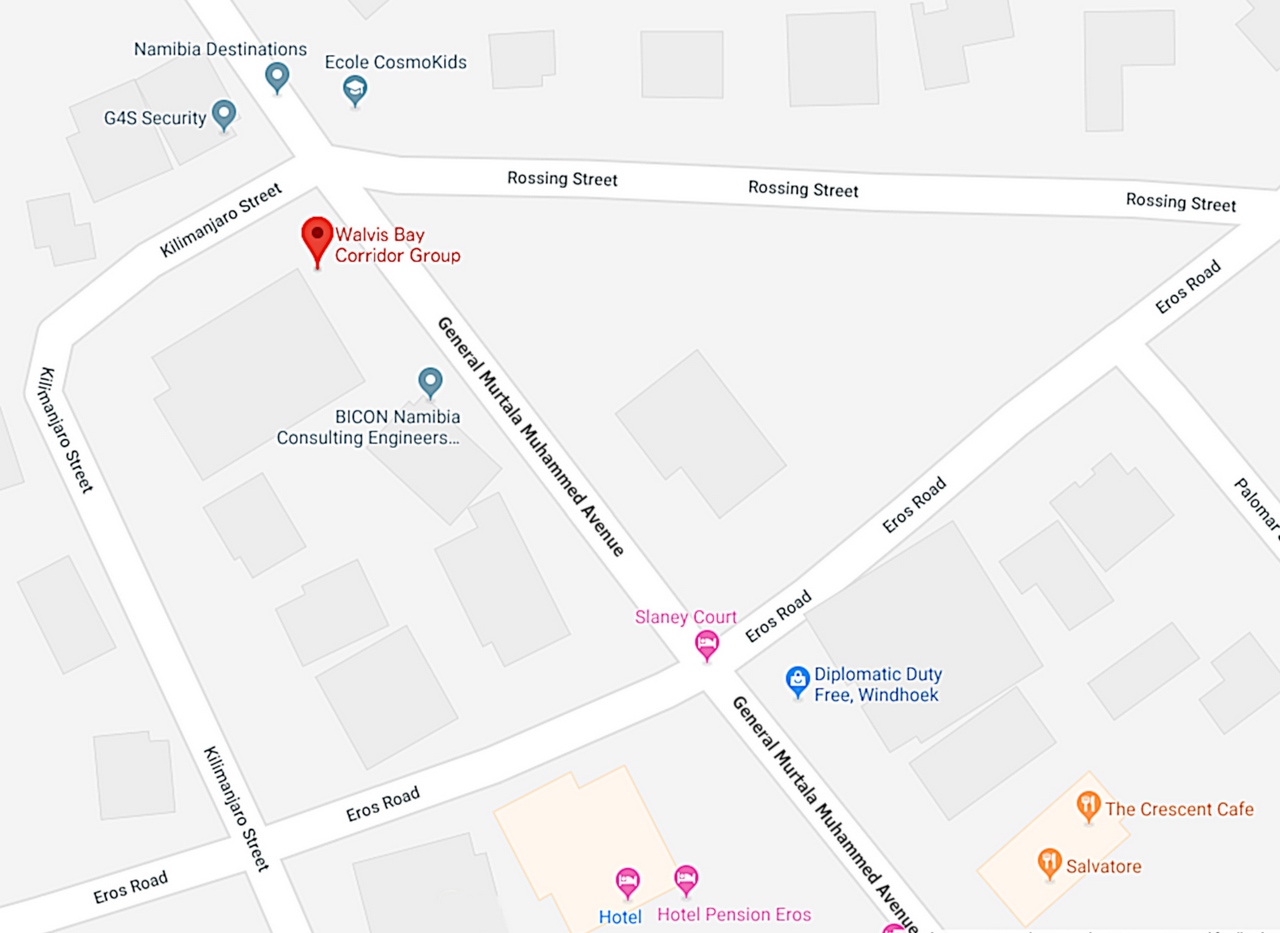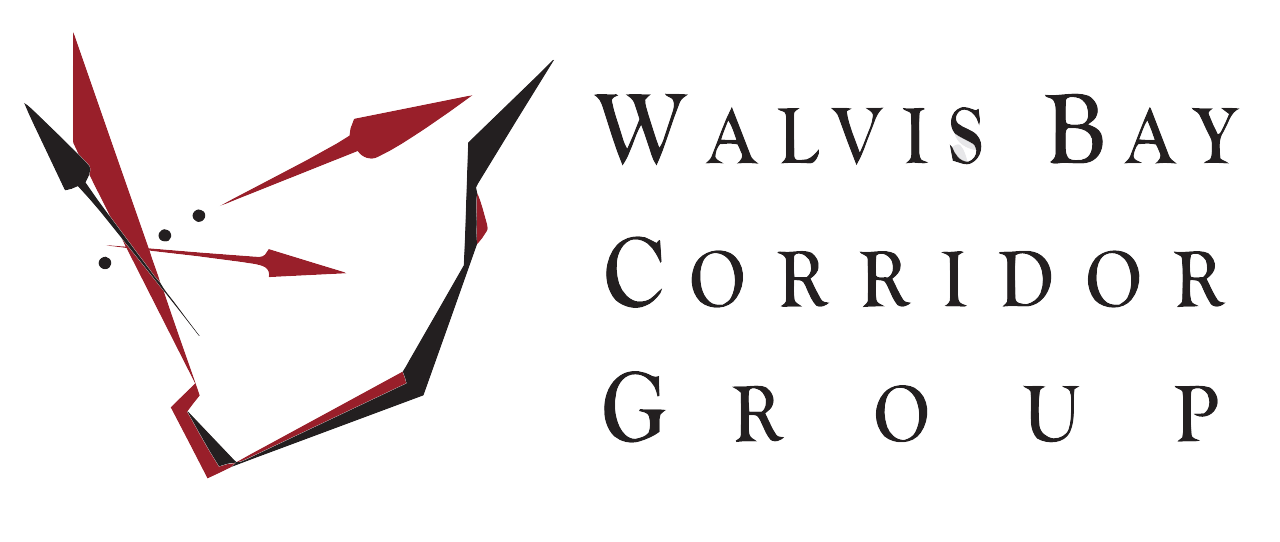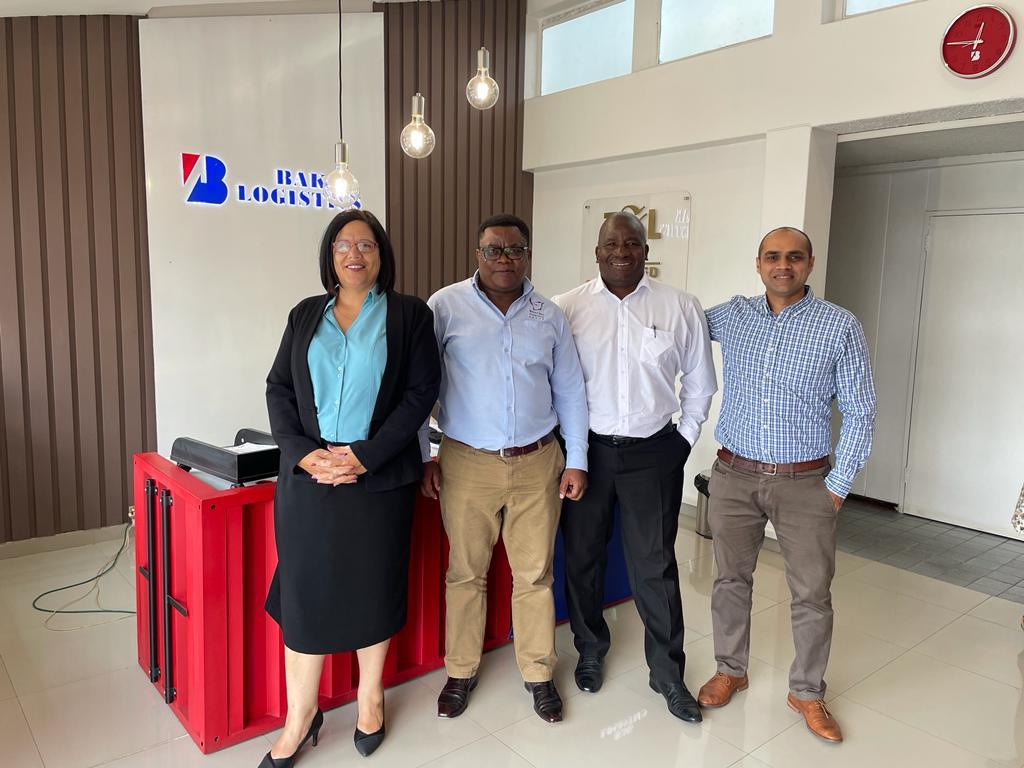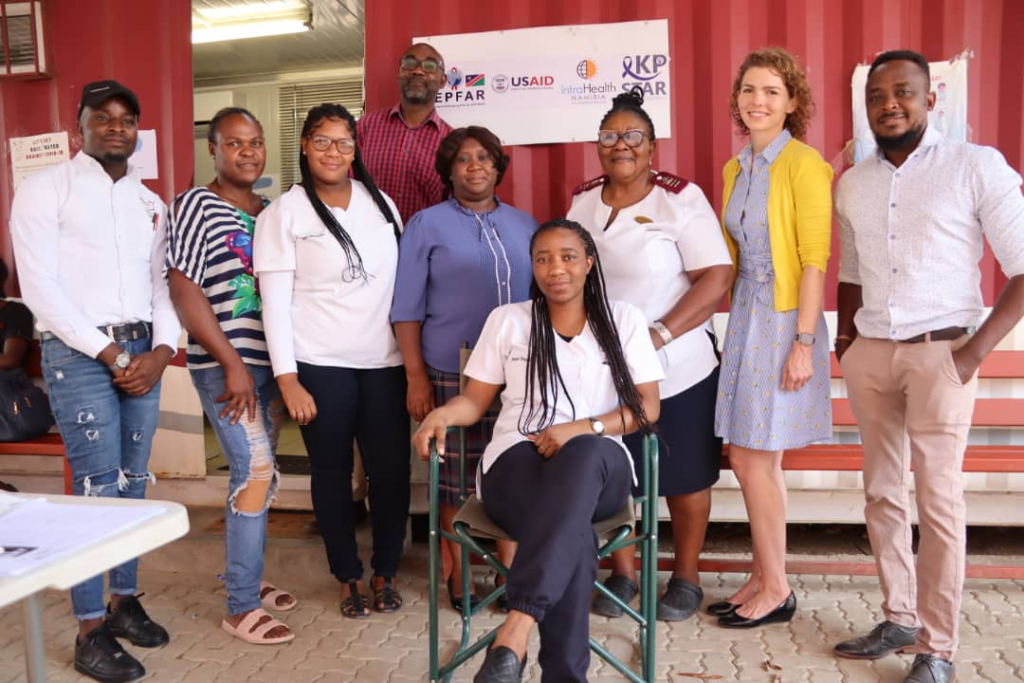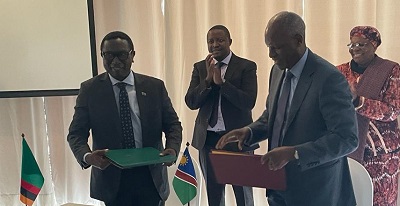Namibia’s Trade Facilitation Committee undergoes training
Posted: 18 Apr 2019
The World Trade Organisation (WTO) requires all member countries who have ratified the Trade Facilitation Agreement to create a National Trade Facilitation Committee (NTFC), tasked to assess their national trade facilitation needs and priorities, as well as measure the time and technical assistance needed to implement the activities required by the agreement. Namibia has ratified the agreement in February 2018 and are now in the process of setting up their NTFC.
The WTO’s agreement, which besides looking at measures to boost trade also addresses improved revenue collection, safety and security compliance controls, including for food, and streamlining government agencies. The reforms aim to help small cross-border traders enter the formal sector, make economic activities more transparent and accountable, promote good governance, generate better quality employment, strengthen information technology capabilities and generally modernize societies by bringing about benefits related to administrative efficiency.
“Because the range of issues covered by trade facilitation provisions in the agreement are so broad, implementation can’t be the remit of one entity”, said Willie Shumba, a chief customs expert and adviser for the African Union Commission at a recent Trade Facilitation Forum held in Addis Abba. There is need for a multi-stakeholder committee on trade facilitation at national level. Issues to tackle include reducing quotas and other harmful non-tariff barriers to trade, setting up single-windows systems, ensuring freedom of transit and improving security and risk management. “The issues are not purely customs issues,” he said, adding that a host of stakeholders must participate, including trade and transport ministries, port and road authorities, the police, freight forwarders, chambers of commerce. (www.unctad.org)
The establishment of Namibia’s committee is being facilitated by the Namibia Trade Forum (NTF), who also occupies the seat as Chair of this committee. The WBCG joined the various stakeholders at a workshop on trade facilitation recently hosted by the United Nations Conference on Trade and Development (UNCTAD) as part of their empowerment programme for National Trade Facilitation Committees. The four-day workshop held in Windhoek, is the second of a four-module technical and capacity building programme, which aims to assist developing countries in implementing the WTO’s Trade Facilitation Agreement.
UNCTAD is assisting developing countries in identifying their particular trade and transport facilitation needs and priorities, and helps them programme the implementation of specific trade and transport facilitation measures. It further organises workshops and seminars at the regional and national levels, publishes relevant information and training material, and provides technical assistance through numerous projects. For more information on the programme go to www.unctad.org
